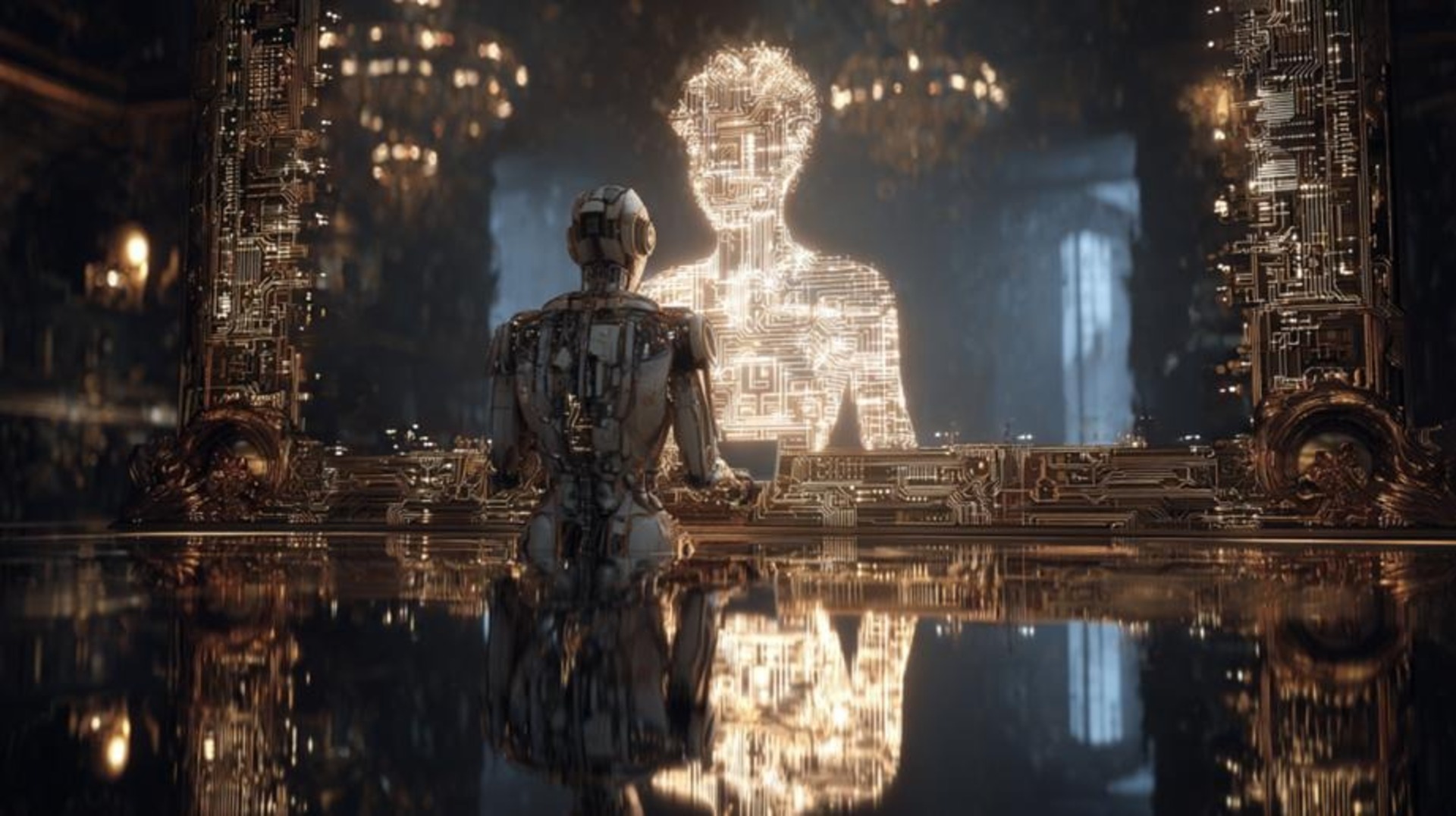
Everyone says AI will replace recruiters.
Everyone is wrong.
The machines built to replace recruiters are making them more valuable than ever.
Here's the truth Silicon Valley doesn't want to admit: The better AI gets at matching skills, the more companies need humans to build teams.
Matching is just the beginning. Hiring is human.
AI is spectacular at what it does. It scans 10,000 resumes in seconds. Matches skills with 91% accuracy. Cuts time-to-hire from 44 days to 14. These aren't small wins—they're transformative.
But here's what algorithms miss: Hiring isn't matching resumes to requirements—it's building teams that actually work.
In one composite case from talent leaders: A tech company's AI consistently rated one candidate type highest—technically brilliant, productive, great on video. The algorithm loved them.
Six months later? Team morale crashed. Two senior engineers quit. The "perfect match" was a brilliant jerk who poisoned the culture.
Cost of the algorithmic hire: $840,000. Between severance, lost productivity, and replacements.
A human recruiter would have caught it in 30 minutes. Something about how they discussed former colleagues. The blame patterns. The lack of empathy.
Algorithms see skills. Humans see patterns, potential, and warning signs.
If AI were replacing recruiters, salaries would plummet. Reality check:
Amazon's Toby Culshaw calls Talent Intelligence "the single fastest growing area of HR."
Why? Because the more you automate processes, the more you need humans for critical moments.
It’s a similar paradox to what Wall Street faces: algorithmic trading now handles over 80% of volume, yet top traders are more valuable than ever. They’re no longer just executing trades—they’re making the judgment calls algorithms can’t.
AI platforms tout better "job fit"—and they're right initially. Some show a 20% better first-year retention rate.
However, the HIRE Framework study revealed a disturbing finding: AI and humans were picking opposite candidates. Worse, algorithmic hires showed a negative correlation with promotions.
The paradox? AI reduces early turnover by filtering obvious mismatches. But perfect technical matches who lack cultural alignment don't quit within 90 days. They quit in 18 months—after you've invested in them.
Regulation is cementing the human role. NYC Local Law 144 requires annual bias audits. The EU AI Act demands human oversight. Recent casualties:
In court, "the algorithm decided" isn't a defense—it's a liability.
The data is stark: Candidates are 2.3x more likely to accept offers with human touchpoints.
Why? Top recruiters don't just present opportunities. They:
Sure, AI can tee up the pitch—but it’s humans who close the deal.
By 2030, 40% of organizations will overhaul their job architectures. Tomorrow's talent leaders won't be called recruiters; they will be called talent leaders. They'll be organizational designers, culture engineers, human capital strategists.
The hard truth: 80% of transactional recruiting will be automated. But the top 20%—relationship builders, culture architects, closers—will become more valuable than ever.
When every company has access to the same AI tools, what sets them apart? The human touch.
It’s the same story, industry after industry. Travel agents? Gone—except the ones who plan $10,000 honeymoons. Stock brokers? Replaced—except the ones trusted with generational wealth. Spotify? It’s algorithmic—but great DJs still headline the party. Why? Because humans still matter where it counts.
The algorithm knows you need a React developer with 5 years of experience.
The human knows you need Sarah, who'll mentor juniors and ship quality code because she cares.
One builds headcount. The other builds companies.
And magic—real magic—is gloriously human.
[Sources: LinkedIn Talent Trends, Robert Half, HIRE Framework study, EEOC settlements, NYC Local Law 144]
At Sharp Decisions, we combine 20 years of human insight with the ethical use of next-gen AI.
Because great teams aren't matched. They're built!
Ready to transform your team? Let's talk.
To learn more about Sharp Decisions, get in touch with us here. For more insights, follow us on LinkedIn and Twitter, and find job opportunities on our careers page.